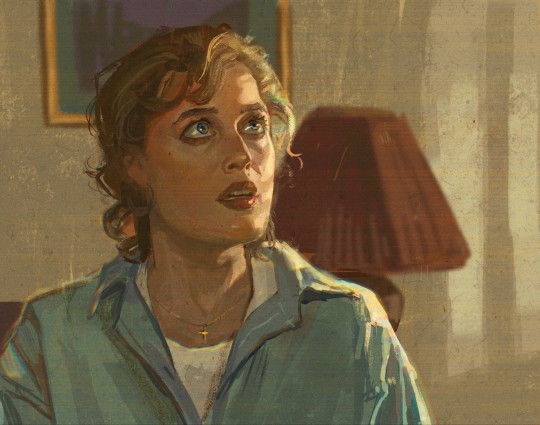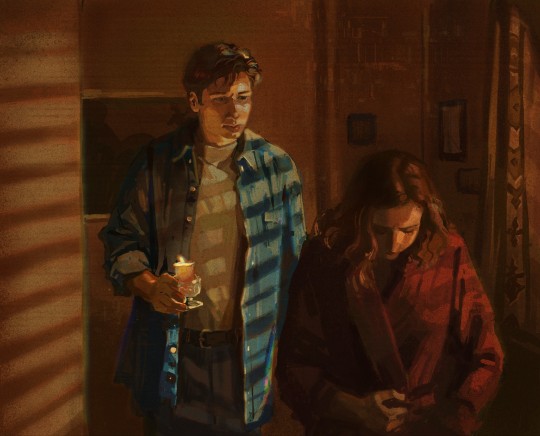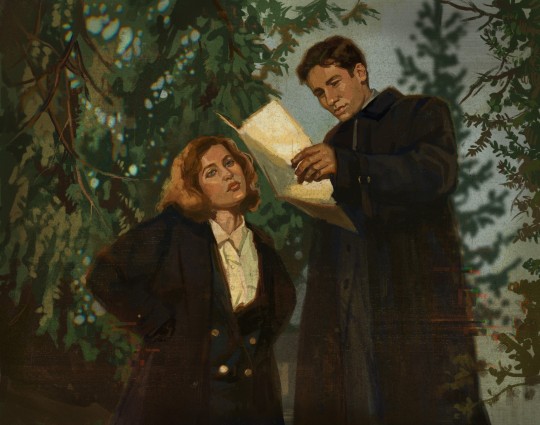noam. they/them. strange things are afoot at the ocean state job lot.
Don't wanna be here? Send us removal request.
Text

The Singers, 2020 by Salman Toor (Pakistani-USA)
184 notes
·
View notes
Text






The odds are that she'll find it. But there are even better odds that she'll find something else...
SEVERANCE | Season 2, Episode 9, “The After Hours” THE TWILIGHT ZONE | Season 1, Episode 34, “The After Hours”
5K notes
·
View notes
Text
helly, unable to consider the idea that the innie is not truly a new or separate person because if she does so her self-concept will utterly collapse in both directions, which is putting her increasingly out of step with everyone around her as they do begin to consider and understand this: why am i the only sane person here
9 notes
·
View notes
Text



reghabi get the basement brain surgery kit out this guy needs you
2K notes
·
View notes
Text
so much fun imagery in this episode. the egg cut into sections. a ring made out of a finger trap. wait i must interrupt this post because i just got to EAT SHIT, MR. DRUMMONDDDDD
15 notes
·
View notes
Text




x files studies but this time I tired to achieve that VHS feeling. I very vaguely remember watching some episodes as a kid, and I think this is as close as I've ever got to recreating that memory of a small, grainy tv in a dark room
36K notes
·
View notes
Text


allen ginsberg, from "howl"
67 notes
·
View notes
Text
88 notes
·
View notes
Text




Britt Lower in HIGH MAINTENANCE (2016 - 2020).
5K notes
·
View notes






